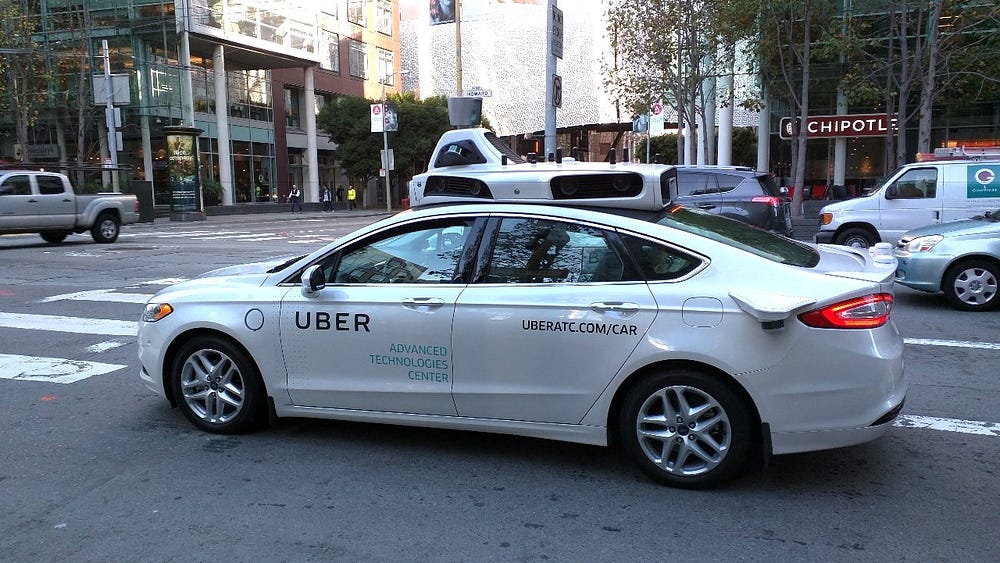The companies developing autonomous cars are not interested in getting people to walk more or use public transport, but to offer on-demand private transport for the masses, in many cases moving people back to cars.
During a recent conference about streetcars and public transport, former NYC Traffic Commissioner Samuel Schwartz, a.k.a. Gridlock Sam, author of “Street Smart: The Rise of Cities and the Fall of Cars”, said that the arrival of autonomous cars will increase the Vehicle Miles Traveled (VMT), reverse the millennial trend eschewing driving, decimate public transport, and increase the occurrence of inactivity related illnesses.
In the past few years, many cities have questioned the pattern of dedicating more space to mobility, recognizing that resident’s quality of life is at stake when congestion and pollution are a daily challenge. Improving public transport, especially with sustainable systems such as trams, subways, and electric buses, helps reduce the need to use private vehicles. Improving sidewalks and cycling infrastructure, encouraging people to walk or cycle to work, are also good practices of sustainable transportation and improve residents’ health and satisfaction.

The advent of autonomous cars, however, could signal a 180-degree change in direction away from those sustainable goals. The companies developing autonomous cars are not interested in getting people to walk more or use public transport, but to offer on-demand private transport for the masses, in many cases moving people back to cars.
FULL STORY: Autonomous Cars Will Turn Back the Clock on Sustainable Cities

Planetizen Federal Action Tracker
A weekly monitor of how Trump’s orders and actions are impacting planners and planning in America.

Chicago’s Ghost Rails
Just beneath the surface of the modern city lie the remnants of its expansive early 20th-century streetcar system.

Amtrak Cutting Jobs, Funding to High-Speed Rail
The agency plans to cut 10 percent of its workforce and has confirmed it will not fund new high-speed rail projects.

Ohio Forces Data Centers to Prepay for Power
Utilities are calling on states to hold data center operators responsible for new energy demands to prevent leaving consumers on the hook for their bills.

MARTA CEO Steps Down Amid Citizenship Concerns
MARTA’s board announced Thursday that its chief, who is from Canada, is resigning due to questions about his immigration status.

Silicon Valley ‘Bike Superhighway’ Awarded $14M State Grant
A Caltrans grant brings the 10-mile Central Bikeway project connecting Santa Clara and East San Jose closer to fruition.
Urban Design for Planners 1: Software Tools
This six-course series explores essential urban design concepts using open source software and equips planners with the tools they need to participate fully in the urban design process.
Planning for Universal Design
Learn the tools for implementing Universal Design in planning regulations.
Caltrans
City of Fort Worth
Mpact (founded as Rail~Volution)
City of Camden Redevelopment Agency
City of Astoria
City of Portland
City of Laramie





























